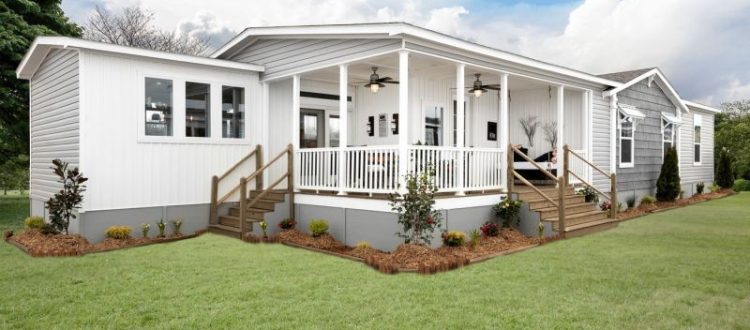COULD PREFAB HOMES BE A SOLUTION TO SIERRA LEONE’S HOUSING SHORTAGES ?
Introduction
Prefab homes could indeed be a potential solution to Sierra Leone’s housing shortage. Prefabricated or modular homes are constructed off-site in a factory and then assembled on-site, allowing for faster construction and lower costs compared to traditional construction methods.
Prefab Housing Global Market
In recent years, prefab housing has gained traction in the United States. According to a report by Grand View Research published in 2021, the North American modular construction market (which includes prefab housing) was valued at approximately $46 billion in 2020. The report projected a compound annual growth rate (CAGR) of 5.3% from 2021 to 2028. The demand for prefab homes in America has been driven by factors such as the need for affordable housing, sustainability concerns, and the desire for faster construction methods.
Prefab housing is expected to grow most rapidly in Europe and Asia, with China alone expected to reach $38.2 billion by 2026.
Prefab Housing Market in Africa:
The prefab housing market in Africa has been growing steadily, with various countries recognizing its potential to address housing challenges. While comprehensive market data specific to Africa is limited, there have been notable initiatives in countries like South Africa, Kenya, and Nigeria. For example, in South Africa, the government has shown interest in prefab solutions to tackle the housing deficit.
The prefabricated house market in Africa is anticipated to expand at a CAGR of roughly 5.5% between 2021-2026. Government spending on infrastructure will be the main source of investment in the housing construction industry in the near future. Less than 10% of the more than 1 billion inhabitants on the African continent reside in decent homes. Prefabrication is the solution to Africa’s housing shortfall, which, according to a United Nations assessment, requires the construction of 7,000 new homes every day to meet demand. However, the market is still in its nascent stages in many African countries, and its overall size and revenue are difficult to ascertain without more recent data.
Future Opportunities for Sierra Leone:
There are several future opportunities for prefab housing in both Sierra Leone:
Affordable Housing
Prefab homes can provide an affordable housing solution by reducing construction costs and construction time. This is particularly relevant in Freetown, which faces over 300,00 housing shortages leading to the rapid growth of slums settlements.
Disaster Relief
Prefab homes can be quickly deployed in areas affected by natural disasters, providing temporary or permanent housing solutions for displaced individuals. According to the ONS, a mudslide in August 2017 displaced around 11,816 people, with over 7,000 sheltering in temporary camps in Freetown, while a World Bank investigation listed 1,141 dead or missing.
Sustainable Construction
Prefab homes often incorporate sustainable materials and energy-efficient designs, addressing environmental concerns and reducing the carbon footprint of construction projects.
Customization and Design
Advancements in prefab technology allow for greater customization and design flexibility, catering to diverse architectural preferences and cultural contexts.
Infrastructure Development
As Sierra Leone experiences rapid urbanization, prefab construction methods can expedite infrastructure development, including residential, commercial, and institutional projects.


